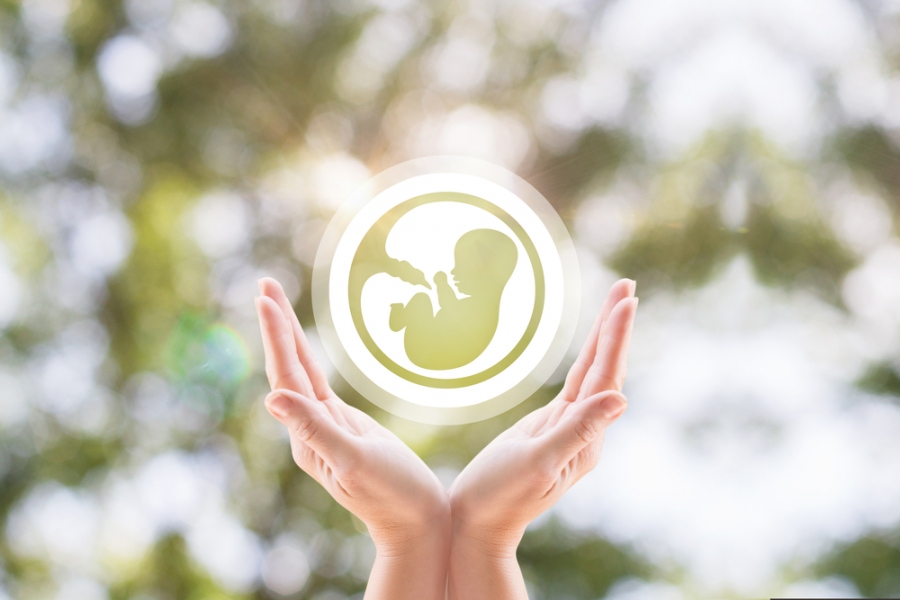It might take a long time for you to feel ready to start a family – even if it’s something you’ve long wanted, feeling mature and financial stable enough that you’re confident you could make a success of parenthood is the journey of the early years of adulthood. Even when you’ve decided the time is now, getting pregnant is more complicated than simply coming to that realisation.
You might find that you’re trying to conceive for some time without success – and that can be a depressing and anxiety inducing thing to experience. Whether it’s because of a diagnosed health condition, side effects from medication or simply poor luck, no one wants a longer wait for that positive result on the pregnancy test.
One of the most important things you can do is find the best time to get pregnant – not the best time in your life, or career – though those are important considerations. You need to find your personal peak of fertility, when intercourse has the best chance of resulting in a successful conception.
Tracking Ovulation
The key to finding when you’re most fertile is identifying your ovulation window – the days in your menstrual cycle where you could ovulate. If you know when you’re going to ovulate, you can count back to identify the first day when you could get pregnant, and count forward to find the last.
Some ovulation predictor kits, or OPKs, use your hormones as a guide. Like a pregnancy test, they check your urine and give a result which develops on the tester stick. Unlike pregnancy tests, they look for the spike in hormones which cue your ovaries to release the egg. These tests are convenient, but can’t always give an accurate result, especially if you have a hormone based condition like PCOS.
Basal Body Temperature based devices can offer you a better, more reliable option if you’re worried about hormone disturbances interfering with the results – they won’t be affected.
Cellular Lifespan
When you ovulate, that egg remains fertile for up to 24 hours – meaning sperm have to reach that egg inside that 24 hours after ovulation for conception to occur.
Sperm, meanwhile live for up to five days in a woman’s body after ejaculation. This means you have a fertile window of up to six days – the five days leading up to when you ovulate, and the day after the event. If you’re able to time your attempts to conceive in this window, you stand a much improved chance of success!
